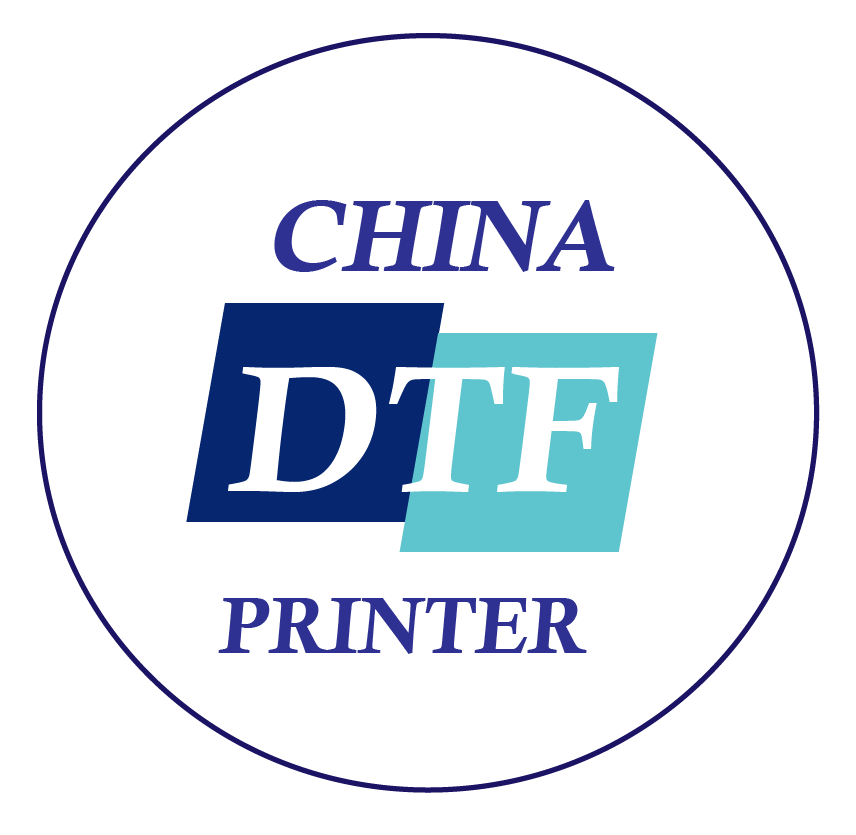In the ever-evolving landscape of fashion, innovation often takes center stage, propelling the industry forward into new realms of creativity and expression. One such innovation that has garnered significant attention is the advent of DTF (Direct-to-Film) printed shirts. This technology has revolutionized the way designs are transferred onto garments, offering unparalleled flexibility and quality. In this article, we delve into the world of DTF printed shirts, exploring their impact on fashion and consumer preferences.
Understanding DTF Printing
DTF printing is a relatively new method in the garment decoration industry. Unlike traditional methods such as screen printing or heat transfer, DTF involves printing designs directly onto a special film using inkjet printers. The printed design is then transferred onto the fabric using a heat press, resulting in vibrant and durable prints with intricate details.
The Advantages of DTF Printed Shirts
- Versatility: DTF printing allows for the reproduction of intricate designs with vibrant colors on various fabric types, including cotton, polyester, and blends. This versatility opens up a plethora of design possibilities, from bold graphics to photorealistic images.
- Durability: The prints produced through DTF technology exhibit excellent wash-fastness and longevity, ensuring that the designs remain vivid and intact even after multiple washes. This durability is a significant advantage for both consumers and retailers, as it enhances the overall value and lifespan of the garments.
- Customization: One of the most notable aspects of DTF printing is its ability to facilitate on-demand customization. Whether it’s personalized graphics, names, or messages, DTF technology enables quick and efficient production of custom-designed shirts, catering to individual preferences and niche markets.
- Cost-effectiveness: In comparison to traditional printing methods, DTF offers a cost-effective solution for small to medium-scale production runs. The elimination of setup costs associated with screen printing and the ability to print multiple designs in a single run make DTF an attractive option for designers and entrepreneurs alike.
- Environmentally Friendly: DTF printing utilizes eco-friendly, water-based inks, reducing the environmental footprint associated with garment decoration. Additionally, the process generates minimal waste, making it a sustainable choice for environmentally conscious consumers and businesses.
The Impact on Fashion Trends
The introduction of DTF printed shirts has had a profound impact on fashion trends, influencing both mainstream and niche markets. Designers and brands are leveraging the technology to push the boundaries of creativity, resulting in a myriad of eye-catching designs that resonate with consumers.
- Streetwear and Urban Fashion: DTF printing has become synonymous with streetwear culture, enabling brands to create bold, attention-grabbing designs that appeal to the younger demographic. From graphic tees to hoodies adorned with intricate artwork, DTF technology has become a staple in the urban fashion scene.
- Custom Apparel: The rise of DTF printing has fueled the popularity of custom apparel businesses, allowing individuals to express their unique style through personalized shirts and merchandise. Whether it’s for special occasions, events, or everyday wear, consumers are increasingly seeking out custom-designed garments that reflect their personality and interests.
- Fashion Accessibility: DTF printing has democratized fashion by making high-quality, custom-designed apparel more accessible to consumers. With the ability to produce small batches of shirts cost-effectively, independent designers and small businesses can compete with larger brands, offering niche designs and catering to specific market segments.
Future Outlook
As technology continues to advance and consumer preferences evolve, the future of DTF printed shirts looks promising. Innovations such as improved ink formulations, faster printing speeds, and enhanced design software are poised to further enhance the capabilities of DTF technology, driving its adoption across the fashion industry.
In conclusion, DTF printed shirts represent a significant advancement in garment decoration technology, offering unparalleled versatility, customization, and durability. From mainstream fashion brands to independent designers and entrepreneurs, the adoption of DTF printing is reshaping the fashion landscape, ushering in a new era of creativity and expression. As consumers continue to embrace personalized apparel and unique designs, DTF technology is poised to remain at the forefront of fashion innovation for years to come.
